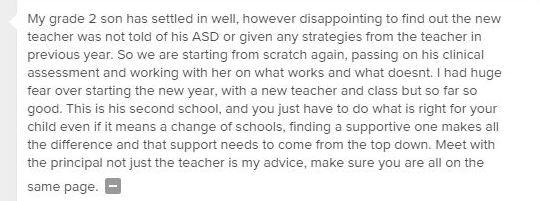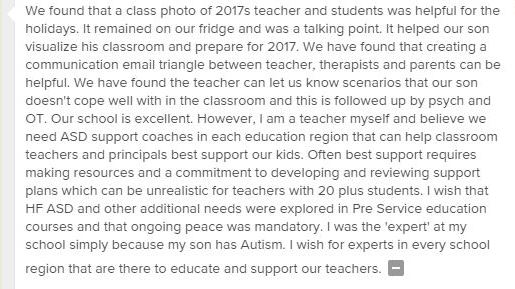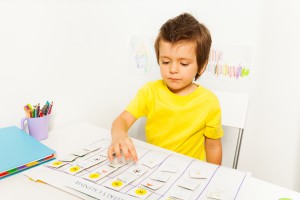Strategies for when the "honeymoon period" ends for a child at school
Posted on
Following any holiday period, there can be feelings of relief for a parent.
It’s natural to worry about how your child will manage the return to school and classroom routine, but you may discover your child’s transition from holidays to school is smooth.
The “honeymoon” phase of school can be a consequence of your child wanting to adapt to the new faces and routines in their life, and also from a desire to fit in.
But it’s not uncommon for the so-called honeymoon to end once the teacher and class in general have settled.
Teachers do an incredible job.
Working with children, inspiring them every day on their journey to adulthood, requires deep reserves of commitment and dedication.
Despite their best efforts, some teachers may not be familiar with autism and some of the strategies that can assist them in teaching children on the spectrum.
At Amaze, we posted to Facebook a request for parents to write about their experiences with their children and the “honeymoon period”.
Some of the responses are published below and illustrate clearly that parents can find the post-honeymoon period extremely difficult.



There are measures both schools and parents can take to help guide the student to the best education and experience a school can provide.
It’s important for parents to seek communication with the school about the kind of environment in which their child is most likely to thrive.
“At the start it’s all new and shiny and the child is holding things together,” one of Amaze’s Autism Information Advisers says.
“Then there can be issues, for all kinds of reasons.
“Transition (at the start of each school year) is a real challenge. It’s new teachers, a new coat peg, a lot of things change.
“There seem to be ‘peak times’, Year 3 and Year 9 – changing dynamics and expectations
“We are letting people know our information line is here.
“There is a lot of information and resources for parents to support them in this area.”
Resources for parents, teachers and schools
There are great, free resources for families and teachers navigating these issues. The resources include:
•The Amaze website: Links to pre-school, primary and secondary years and life beyond school. Also try our information line: 1300 308 699.
•The Association of Children with a Disability (ACD) has developed two resources:Learning Together and Positive Education Planning which have some great information about working with the school. These resources are not autism spectrum specific, but still very helpful.
You can also contact one of their Parent Support Workers for advice on working with the school. Phone 03 9880 7000 or 1800 654 013 (rural callers). Email [email protected] or [email protected]
•Positive Partnerships have free, two-day workshops for parents and teachers of children on the autism spectrum. These are also offered as online modules. They have information and resources across a range of topics: Positive Partnerships
•The Conversation article: Supporting Students in the Classroom
•Raising Children Network: Resources on communication between home and school.


